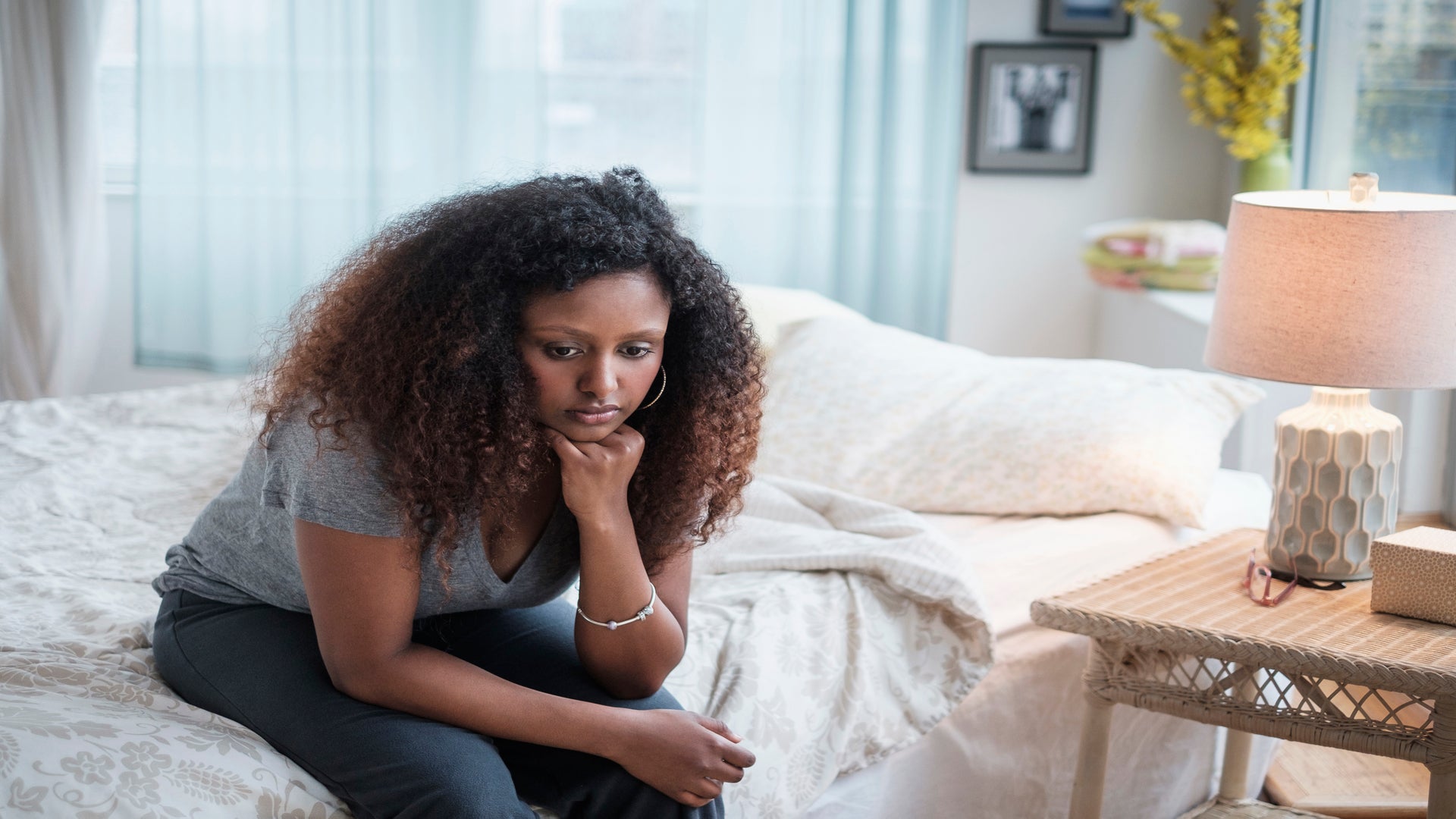About This Project
Recovery can take many forms and unfolds differently for everyone. Here advocates around the country offer wisdom to help Black women heal after experiencing sexual assault.
First, remember that you are not to blame: “Many of us want to speak up, but we don’t,” says Lyvonne Picou, aka Proverbs, a preacher, poet and social entrepreneur who lives in Oakland. Her online platform, beautiful scars (weresurthrivors.com), provides a community for Black women who are survivors of male sexual violence. She notes that when women see how other survivors are treated, it causes them to remain silent. “Often people blame the victim,” says Picou. “So first realize that what happened to you was wrong, and it wasn’t your fault.”
Give yourself permission to get better: “Healing is our birthright,” says Yolo Akili Robinson, founder of BEAM (Black Emotional and Mental Health Collective). The Los Angeles–based nonprofit focuses on fostering mental health literacy, securing and distributing funding to help make care more accessible, and developing leaders for the purpose of helping Black people nationwide heal. “Too often we feel like we can’t honor our emotions and our feelings, and we have to push past the pain,” Robinson says. “That logic keeps us from really understanding that our feelings matter, what’s going on in our heart matters, what happens to us matters.” It may be helpful to try journaling your emotions and scheduling a time to check in with how you are feeling on a regular basis.
Know that it takes time: As much as we’d like to, we can’t snap our fingers and make our trauma disappear. It’s important to recognize healing as a journey and an active practice. “Healing is nonlinear,” says Adaku Utah, the founder of Harriet’s Apothecary, a Brooklyn-based healing collective committed to self-care. “It is lifelong, and it’s always changing because we’re changing. The conditions around us are changing, our bodies are changing, our needs are changing.” Some days will be better than others, and that is okay.
Define your own process: In her work with survivors, Utah has tapped into a number of practices, including meditation, plant-based medicine (herbs, oils, tinctures), breath work, dance and grieving rituals. “It’s really important to start slow and not necessarily sign up for everything,” she suggests. “Begin with just noticing at this moment how you are breathing. What’s the impact that being in a particular space has on your breath, your heart and your ability to move within that space.” There’s more than one way to heal. Feel free to add new practices and leave behind the ones that no longer serve you. You have the power to decide how your process looks and do what feels good to you.
Break the silence: A confidante is important in all stages of life, but especially when you are unloading a traumatic experience. “When you’re ready, find someone you can trust, one person who you can tell your story to and they will believe you,” says Picou. Take your time deciding in whom you will confide. It may be a different person than you’re used to sharing with. “Your story is your story and no one else’s,” she says. “You have the right to speak your truth even if your voice shakes.”
Connect with your ancestors: You are standing on the shoulders of women who have persevered. “We teach people to remember their history, because we believe history heals,” says Kalimah Johnson, founder and executive director of the SASHA (Sexual Assault Services for Holistic Healing and Awareness) Center in Detroit. The organization provides clients with a range of activities to participate in, including Afro-Cuban dance, drumming circles and historical tours. “What makes tracing our history so beneficial is that it allows you to recognize the strength of those who came -before you and to acknowledge that you have that same strength in your DNA.”
Love on your body: “Get involved in physical activity so that you’re comfortable -being in your body,” advises Picou, who is also a spin instructor. Taking dance classes, walking, boxing, gardening and other activities can help survivors reclaim their bodies and start to be at peace in their skin once again. Picou also suggests establishing daily rituals: “Look at your body in the mirror, know that you are safe, and tell yourself out loud how much you love your body.”
You’ve Got Support
These organizations offer trained professionals who can help you navigate the stages of your healing…
Black Women’s Blueprint (blackwomensblueprint.org) The nonprofit works toward social, political and economic equity for women of African descent. Their programs include crisis intervention and healing circles.
me too. movement (metoomvmt.org) It helps survivors, particularly young women of color, from low wealth communities find pathways to healing. Find more than 1,000 resources.
National Sexual Assault (Telephone Hotline) Call 800-656-HOPE (4673) 24/7 to be connected to a local organization. The person on the other end will confidentially walk you through what happened and make referrals.
Other resources Head to therapyforblackgirls.com to find a mental health professional in your area. Also psychologytoday.com has an online directory that allows you to filter therapists by race, gender and expertise.
VISIT ESSENCE.COM


